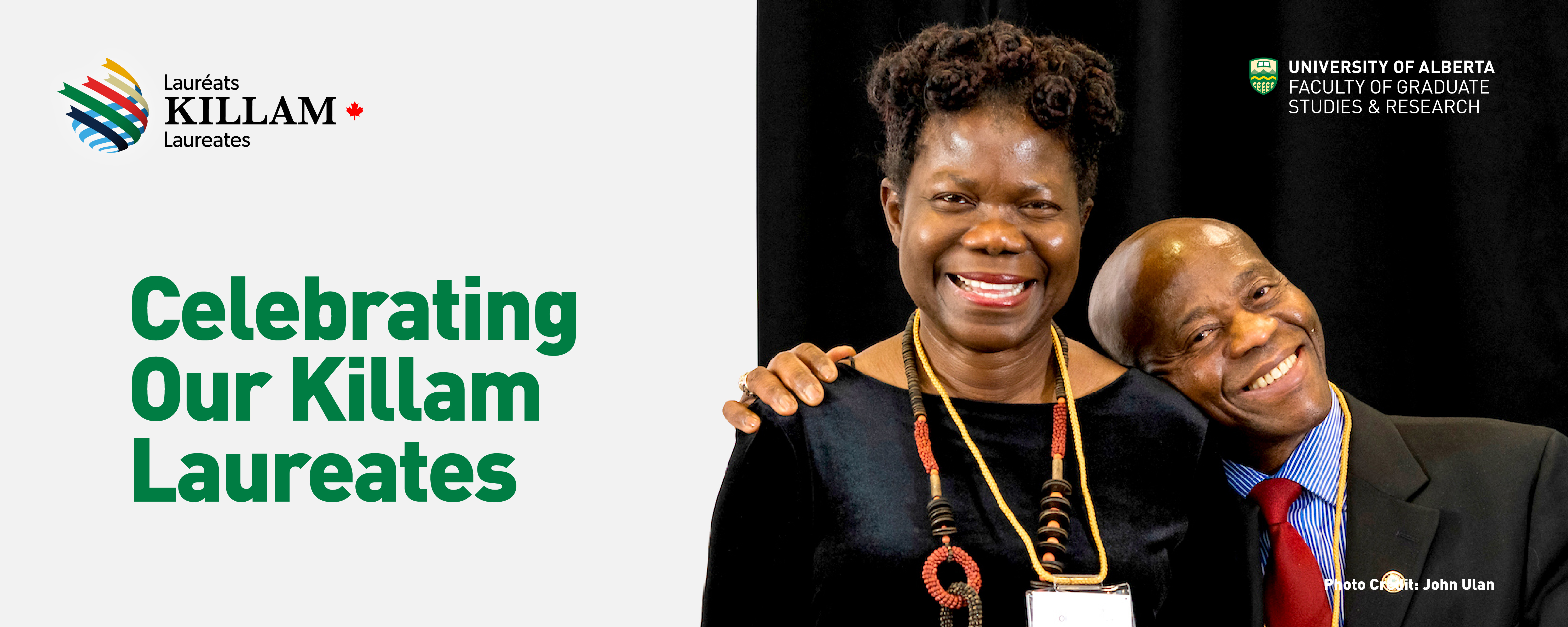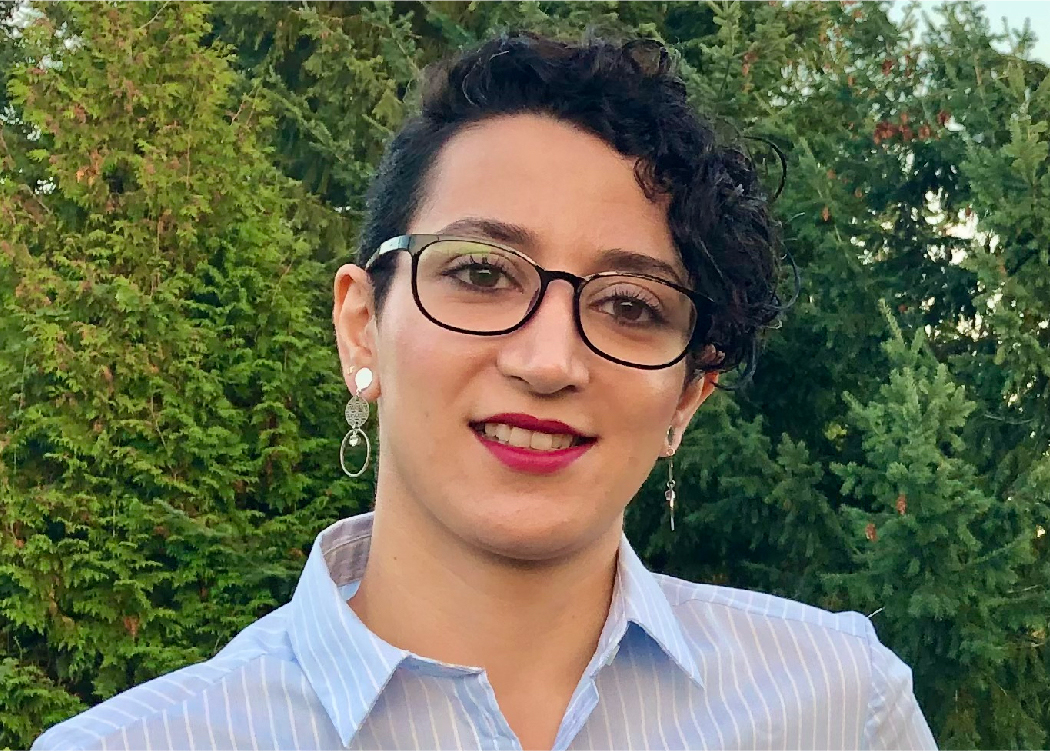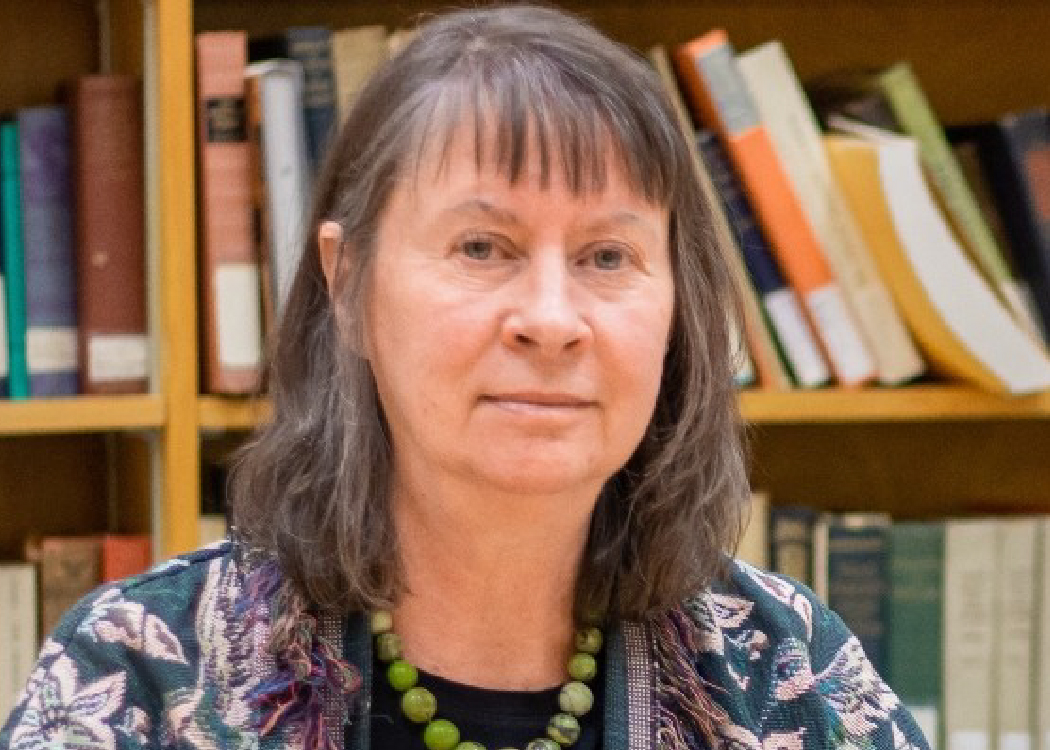2020 Killam Scholars

The University of Alberta acknowledges with gratitude the invaluable financial assistance the Killam Trusts have given to the University and its Killam laureates (doctoral students, postdoctoral fellows, and professors). Since 1967, the endowments created by the Killam bequest have provided more than $127.3 million in program funding to the University of Alberta.
These pages are dedicated to our talented Killam award recipients.
2020 Doctoral Laureates
Dorothy J. Killam Memorial Graduate Prize
Three prizes are awarded annually to the most outstanding Killam Memorial Scholarship recipients (learn more). Here are the faces - and stories - of the 2020 recipients.

Rezvaneh Erfani Hossein Pour
Department of Sociology
"Imagining a New Environmentalism: Social and Political Capacities of Environmental Activism in the Middle East"

Albert Remus Rosana
Department of Chemistry
"Evaluation and Engineering Insect-killing Molds for the Biocontrol of the Invasive Mountain Pine Beetle"

Cassandra Wilkinson
Department of Psychology
"Cell Shrinkage after Severe Hemorrhagic Stroke"
Izaak Walton Killam Memorial Scholarship
These prestigious scholarships are awarded to outstanding doctoral students (learn more).
View the list of 2020 recipients
2020 Postdoctoral Laureates
Dorothy J. Killam Memorial Postdoctoral Fellow Prize
The Dorothy J. Killam Memorial Postdoctoral Fellow Prize is offered to the most outstanding Killam Postdoctoral Fellowship recipient in the annual competition.The recipient is selected on the basis of academic achievement, research proposal, publications, letters of recommendation, and leadership qualities.

Landon Elkind
Department of Philosophy
"Using Computer Proof Assistants in the History of Philosophy"
Izaak Walton Killam Memorial Postdoctoral Fellowship
Killam Postdoctoral Fellowships are awarded to outstanding individuals who have recently completed a doctoral program. View the list of 2020 recipients.
2020 Faculty Laureates
Killam Prize in the Humanities
Administered by the Canada Council for the Arts, the Killam Prizes are awarded annually to Canadian scholars who have made a substantial and distinguished contribution, over a significant period, to scholarly research in Canada.

Sarah Carter
Department of History and Classics
The Canada Council for the Arts notes: "Carter's...scholarship has reconceptualized the history of the Canadian West by placing women, settler and Indigenous, front and centre, within a broad context of nation and empire-building."
Killam Annual Professorships
Up to eight Killam Annual Professorships are awarded each year to outstanding academics at the University of Alberta in recognition of their distinguished scholarship. Learn about the 2020 recipients.
Killam Accelerator Research Award
The Killam Accelerator Research Award is awarded to early career faculty members for a three-year term based on the outstanding promise shown by the faculty member in their research output and the impact of their scholarly activity. Learn about the 2020 recipients.
Killam Memorial Chairs
The Killam Memorial Endowment funds at least two Killam Memorial Chairs at the University of Alberta in scientific and/or engineering fields. Learn about current and previous chairs.
Killam Award for Excellence in Mentoring
The Killam Award for Excellence in Mentoring recognizes academic staff members at the University of Alberta who demonstrate outstanding performance in mentoring undergraduate and graduate students in research, as well as postdoctoral fellows and visiting researchers.

Feral Temelli
Department of Agricultural, Food & Nutritional Sciences
A world-renowned food engineer whose career at UAlberta has spanned three decades, Prof. Temelli has offered outstanding supervision to 115 trainees
All About Killam
Killam Stories
U of A historian has reshaped our understanding of Western Canada
Ketones buy time for a failing heart but are just more fuel for a healthy one: study
The Faculty of Arts' 2020 Killam Laureates: Outstanding researchers, students recognized
Identifying arsenic biomarkers could protect vulnerable populations from arsenic toxicity
